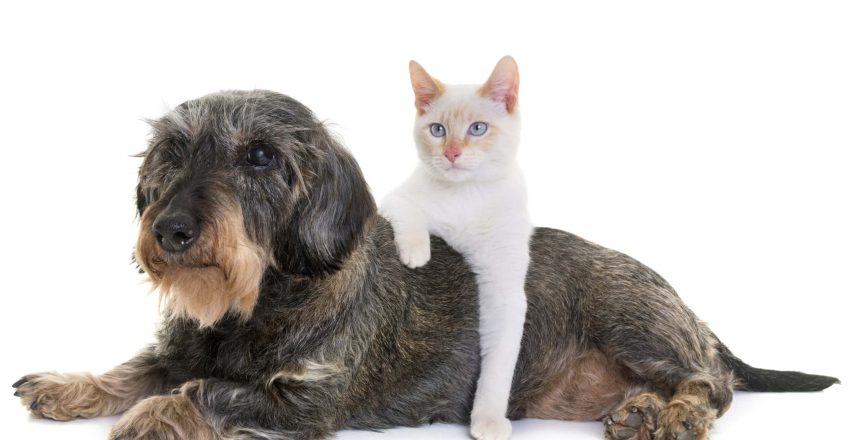As our beloved pets enter their golden years, their needs evolve. Just like humans, senior dogs and cats require special attention to ensure they continue to live happily and healthily. At Pet Ponderosa, we understand the nuances of caring for aging pets. This comprehensive guide is designed to help pet owners navigate the journey of senior pet care with love, compassion, and knowledge.
Understanding the Senior Pet
Firstly, it’s essential to recognize when your pet has entered their senior years. Generally, dogs and cats are considered senior around the age of 7, but this can vary depending on breed and size. As they age, they may face challenges like decreased mobility, sensory impairments, emotional changes, and various age-related health issues.
1. Regular Veterinary Check-Ups
Senior pets require more frequent veterinary visits for preventive care. These check-ups are crucial for early detection of conditions common in older pets, such as arthritis, kidney disease, or dental issues. Your vet can also guide you on managing any chronic illnesses and recommend appropriate dietary changes.
2. Diet and Nutrition
As pets age, their dietary needs change. Senior pets might need food that’s easier to digest, lower in calories to prevent weight gain, or have specific nutrients to address health issues like joint health. Ensure that their diet is balanced and consult your vet for recommendations tailored to your pet’s health status.
3. Maintaining a Healthy Weight
Obesity in senior pets can exacerbate health problems. Keep them at a healthy weight through proper diet and appropriate exercise. However, be mindful of their limits; senior pets may not be as energetic as they once were.
4. Exercise and Mobility
Regular, gentle exercise helps maintain healthy joints and muscles. Consider shorter, more frequent walks for dogs. For cats, encourage play that stimulates movement, even if it’s less vigorous than before. Additionally, make your home more senior-pet-friendly, perhaps with ramps or steps to help them access furniture.
5. Mental Stimulation
Keeping your senior pet mentally sharp is as crucial as physical health. Simple training exercises, puzzle feeders, or new toys can help keep their mind engaged. Interaction and gentle play are also excellent for their mental well-being.
6. Comfortable Living Spaces
Older pets might require softer bedding to cushion achy joints. Ensure their sleeping area is warm, comfortable, and easily accessible. In colder months, they might appreciate a heated bed or extra blankets.
7. Understanding and Patience
Aging pets might show signs of confusion or anxiety. They might be less tolerant of loud noises or unfamiliar situations. It’s crucial to be patient and provide them with a calm and secure environment.
8. Special Care at Pet Ponderosa
At Pet Ponderosa, we understand the unique needs of senior pets. Our boarding services offer specialized care, ensuring your senior dog or cat receives the attention and comfort they deserve while you’re away. We provide appropriate exercise, dietary monitoring, and cozy resting areas to make them feel at home.
Pet Ponderosa For Your Senior Pets
Caring for a senior pet is a rewarding journey that requires understanding, patience, and a bit of adjustment. By attending to their health, diet, and comfort needs, you can ensure their senior years are as fulfilling as their youth. At Pet Ponderosa, we’re here to support you and your aging companion with expert care and advice. Remember, the love and care you give your senior pet come back tenfold in the form of unconditional love and cherished memories.


